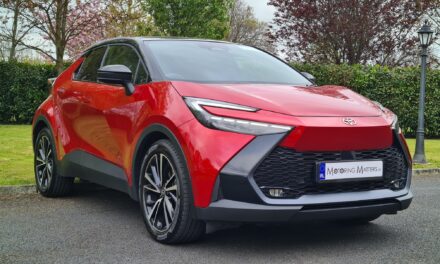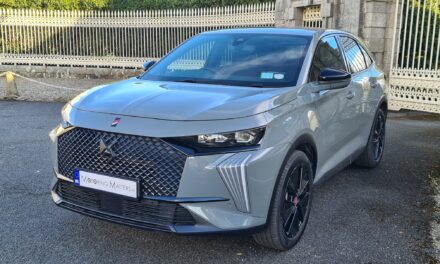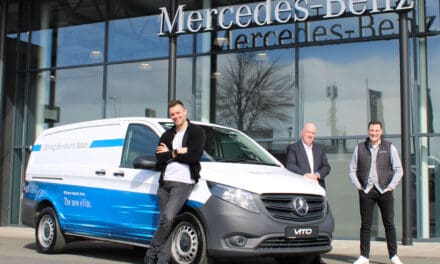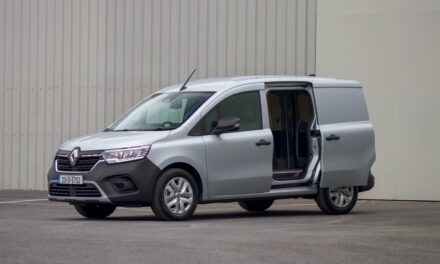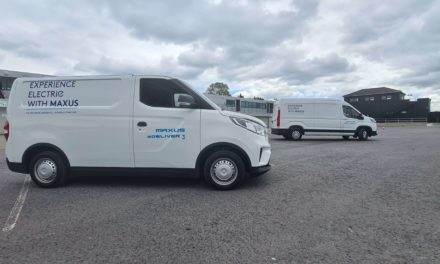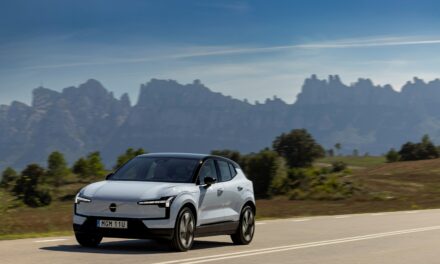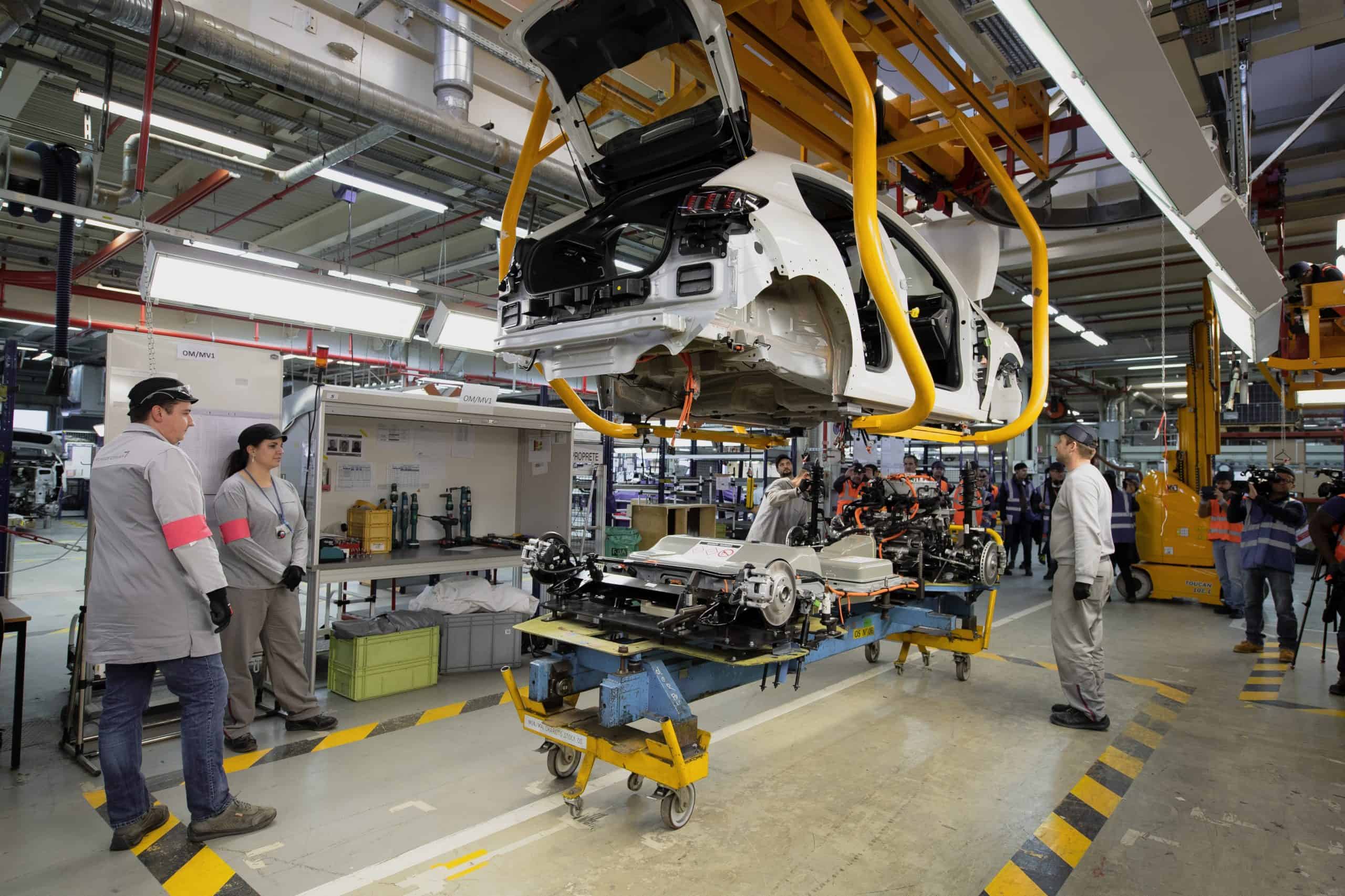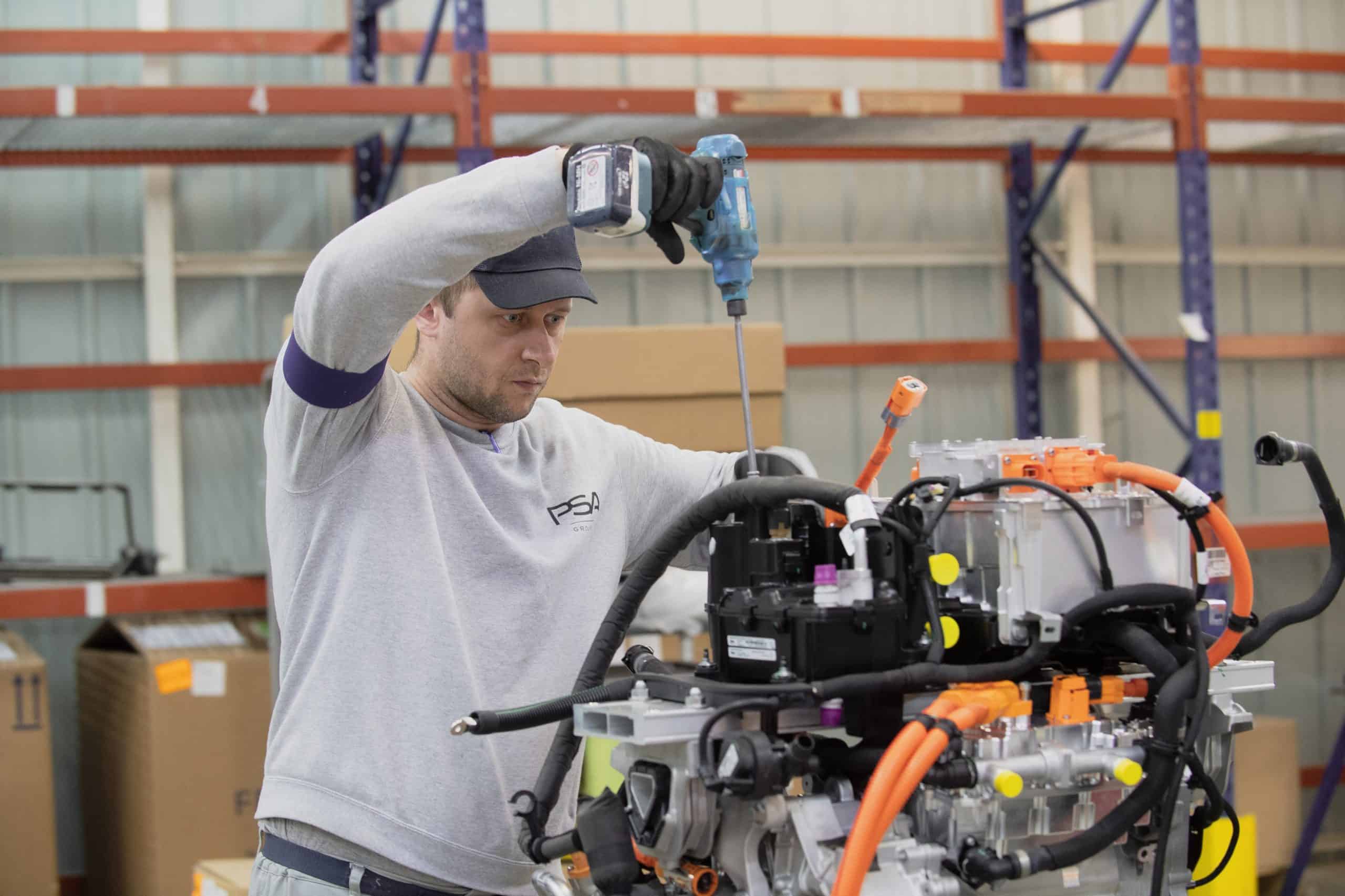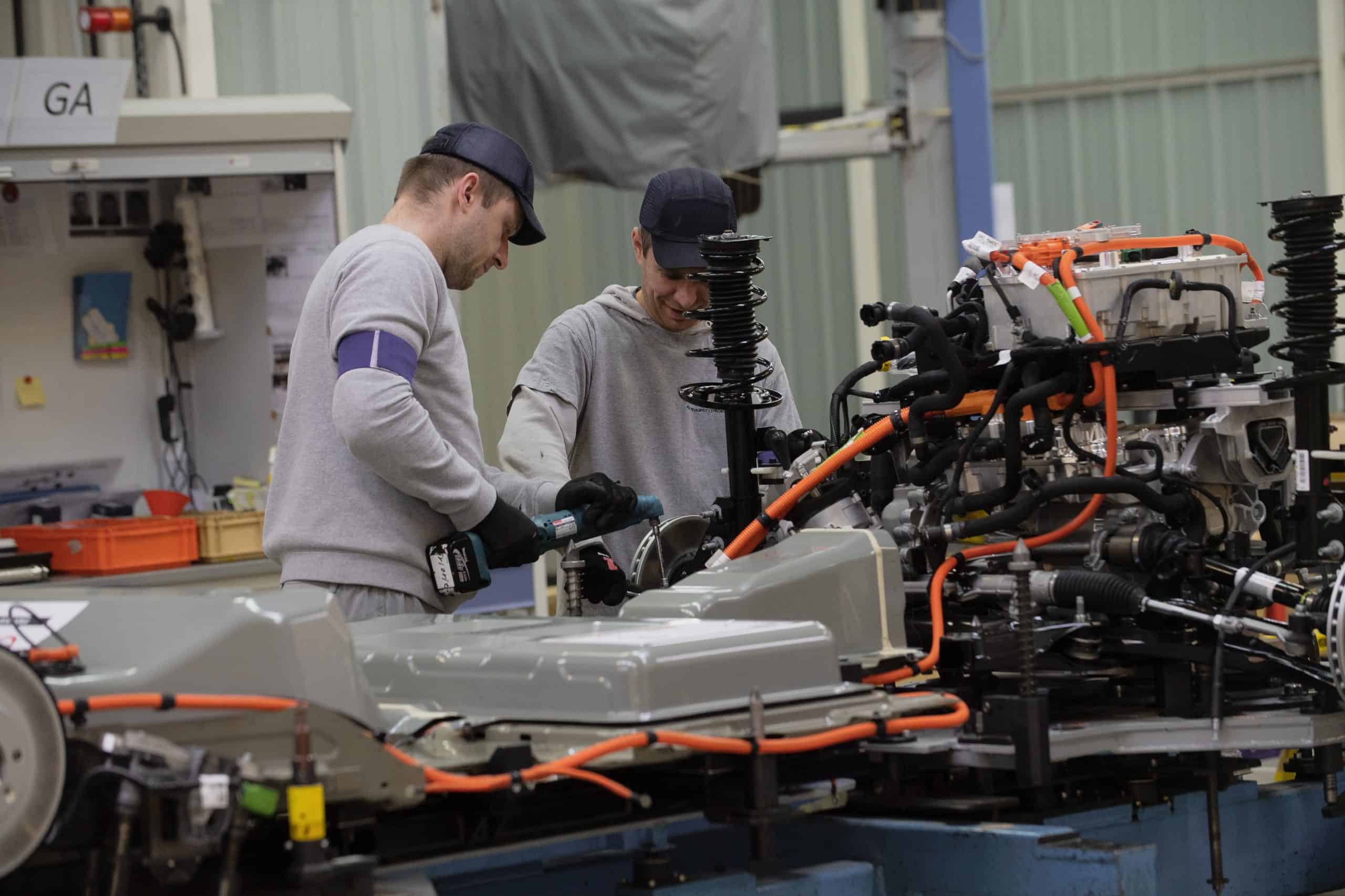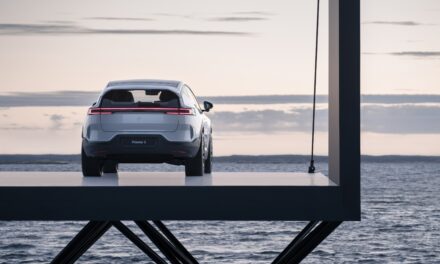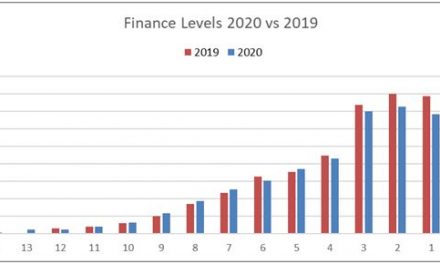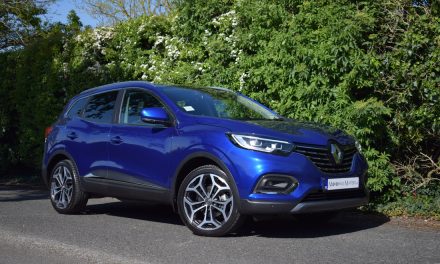
Meet the team behind the electric vehicle revolution at PEUGEOT.
PEUGEOT has lifted the lid on its growing team of technicians who are responsible for assembling and testing each and every battery that goes into one of its electric cars and vans. PEUGEOT’s electrification strategy means customers are given the ‘Power of choice’– whichever model they opt for, they can choose the powertrain that best suits their needs, be that fully electric, plug-in hybrid, petrol or diesel.
By 2025, PEUGEOT will offer an electrified variant across its entire model line-up. This will require a substantial uplift in the number of batteries being produced, with PEUGEOT estimating it will assemble up to 10,000 batteries a month for its car range by next year, and as many as 7,000 batteries a month for its advanced LCV range.
Skilled technicians assembling and testing the batteries are specially trained and, with each unit guaranteed by an eight-year/100,000-mile warranty policy, every battery undergoes strict quality assurance tests before being installed in an electrified PEUGEOT vehicle.
Before testing commences, the team assemble each battery unit, with the current 50kWh units taking roughly 60 minutes to assemble and the larger 75kWh units taking up to 90 minutes.
Once assembled, the team subjects each battery to a series of critical tests including an electrical and functional control test that simulates operation of the battery in a vehicle to validate performance and safety. This is followed by a sealing test, where the battery unit is pressurised by gas to check for leaks by monitoring pressure loss. A proper seal will prevent water or dirt from getting inside the battery cells and compromising its lifecycle or performance.
The whole testing process takes 15 minutes, including checks on the electrics, battery functions and sealing, and only after passing these tests does the team of technicians sign the batteries off for assembly. PEUGEOT operates a hybrid production line, where both electric and conventional combustion engine vehicles are assembled on the same line.
To work on assembling and testing PEUGEOT’s electric vehicle batteries, technicians have to undergo specialist training that lasts up to a month. As part of its transition into electrified vehicles, PEUGEOT and the wider Stellantis Group is increasing the number of technicians qualified to assemble and work on electrified vehicles.
Julie David, Managing Director, PEUGEOT UK, said: “Making the energy transition towards new technologies means retraining and evolving our workforce. Our electrical assembly technicians play a crucial role in delivering electric vehicles of the highest standard to our customers. They are the reason why we are so comfortable in offering each battery with the reassurance of an eight-year/100,000-mile warranty.”
PEUGEOT’s multi-energy platforms give the ‘Power of choice’ to the brand’s customers, offering the same roominess, comfort and modularity in electrified vehicles as in petrol and diesel vehicles. The CMP (Common Modular Platform) is dedicated to B and C segment vehicles, used for both electric and internal combustion engine versions. The EMP2 (Efficient Modular Platform) is dedicated to C and D segment vehicles, and is used for both plug-in hybrid and internal combustion engine versions.
PEUGEOT currently offers a wide range of electrified vehicles, including the e-208, e-2008, 3008 Plug-in Hybrid, e-Traveller, 508 Fastback Plug-in Hybrid and 508 SW Plug-in Hybrid, as well as the e-Expert for van customers.
Further electrified vehicles will be added to the range in 2021, with the e-Rifter, e-Partner and e-Boxer all arriving later this year.

